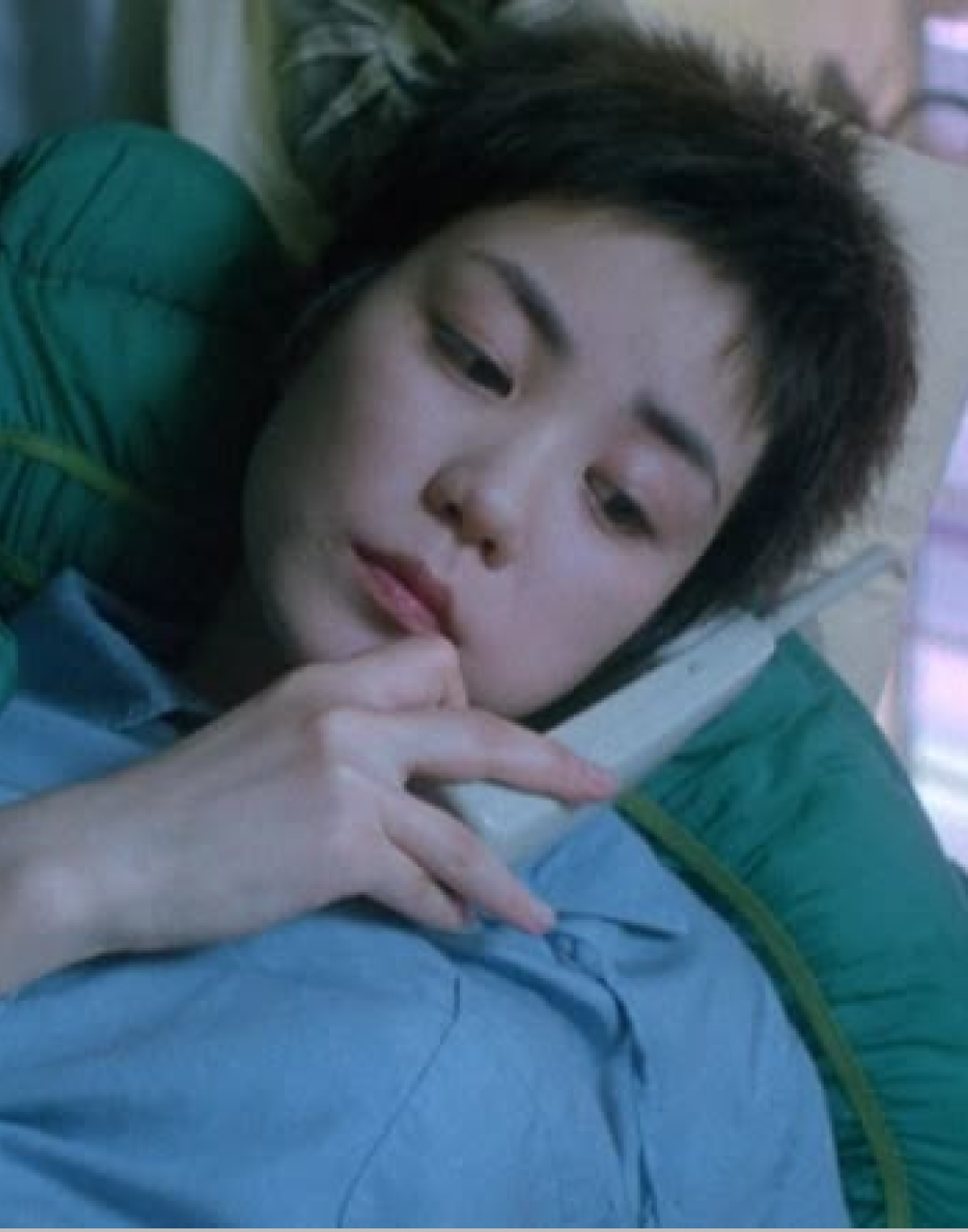
Have Margiela's Tabi's become mainstream? In part, yes
Carrie Bradshaw had a thing for Manolo Blahniks, Blair Waldorf for Louboutins. And, in an all-modern paradox, Cardi B can stand as a devotee of the ugly chic aesthetic wearing a pair of Maison Margiela Tabi's while intent on shopping. She, who has made bold, provocative and sexy looks-the farthest from the far - from-focus experimentation of a brand like Maison Margiela - her signature style. An extraordinarily cult model inspired by Japanese design, it is known for being aesthetically controversial: while faithful to a current that has made ugliness its recognizable poetic manifesto, Tabi shoes have achieved an appeal that is hard to match. They have been for decades the fetish accessory of fashion editors, stylists or creative directors grappling with industry-related editorials, magazines and shoots.
They were the lowest common denominator in a world of subtle quotations, codes and references that sanctioned membership in a precise sect of devoted fashion followers. And they have come a long way since 1988. Unexpected, perhaps unexpected, is the appeal lately found on digital platforms by new communities increasingly engaged by the fashion theme. A process fueled in part by mainstream TV series such as Emily in Paris that contributed to the clearance of Tabi, the fact remains that niche fashion is experiencing a phase of particular interest. Tabi have thus become the cult object of a large cohort of TikTokers intent on delving into the history of the iconic shoes that separate the thumb from the rest of the toes. It is distance, however, that is the focal point of this discussion: the Tabi have gone from being perceived as an experiment in dress exegesis to a must-have object for a wider audience. Regardless of one's cultural background and any such implications, Tabi have lost some of their original purity. Or, much more realistically, it could be an essentially generational problem: on the one hand, that old school niche, fueled by the mythology of Martin Margiela's ungranted interviews for which seeing Tabi on an adoloscente or a pop-looking celebrity takes on the connotations of outright heresy, on the other hand, the free personal exploration of the new generation.
Allergic to the idea of passively enduring trends from the top of catwalks and shows, Gen Z is displaying a restlessness that ill accords with the trickle-down effect. Tabi, as well as Rick Owens boots or Comme des Garçons garments, are nothing more than an excuse to feel free to closely touch what was previously considered essentially untouchable. Whether it's replicating the Margiela Kiss shirt or taking part in sales to be able to grab Tabi at sharply reduced prices, it is precisely the possibility of tapping into different imagery that stimulates the curiosity of younger people. Not that niche brands and designers may mind the idea of reaching larger and larger slices of the market - Maison Margiela has even launched a collabo with Reebok in 2020 and 2021 - after all, we're still talking about an industry that harnesses creativity to make a business out of it. Thanks to massive sponsorships and partnerships with celebrities, the user base of many niche brands has expanded considerably. But net of a certainly larger community, it is very likely that the core business of these brands will always remain niche. Not least because, in reality, it happens that fans become even more loyal the moment their favorite designers go mainstream, showing that they have been devotees of the brand for a long time. Rather, it is a paradigm shift in the perception of 'exclusivity that one has of a brand at a time in history when, moreover, the concept of luxury is constantly being turned upside down to get straight to the heart of the masses.














































